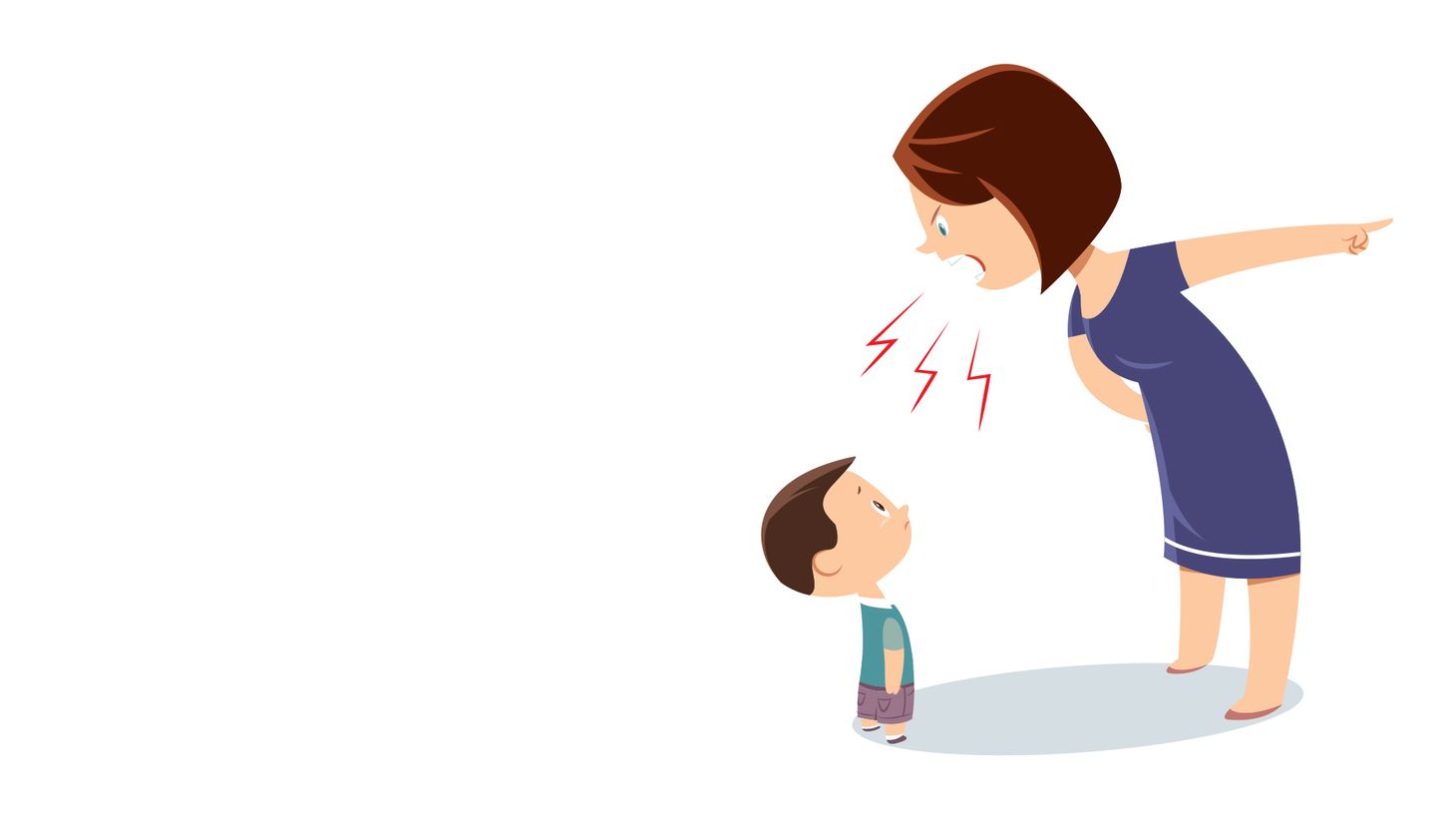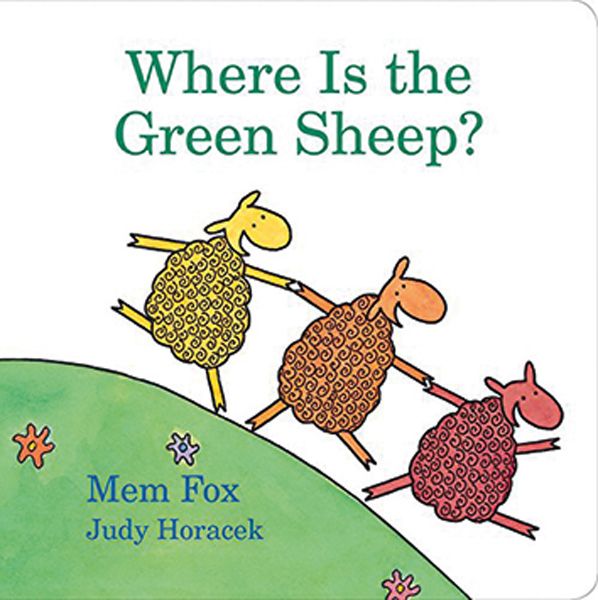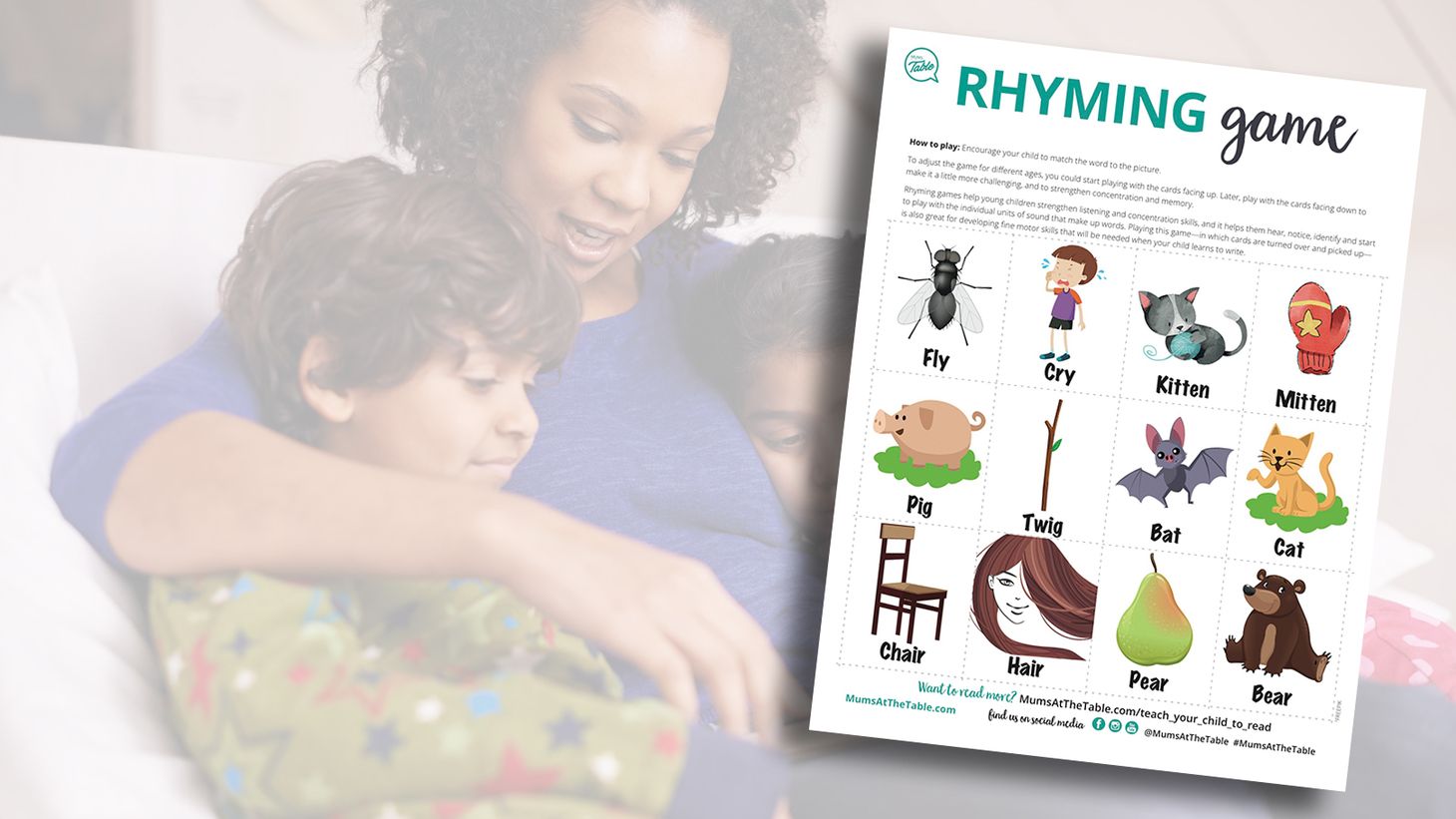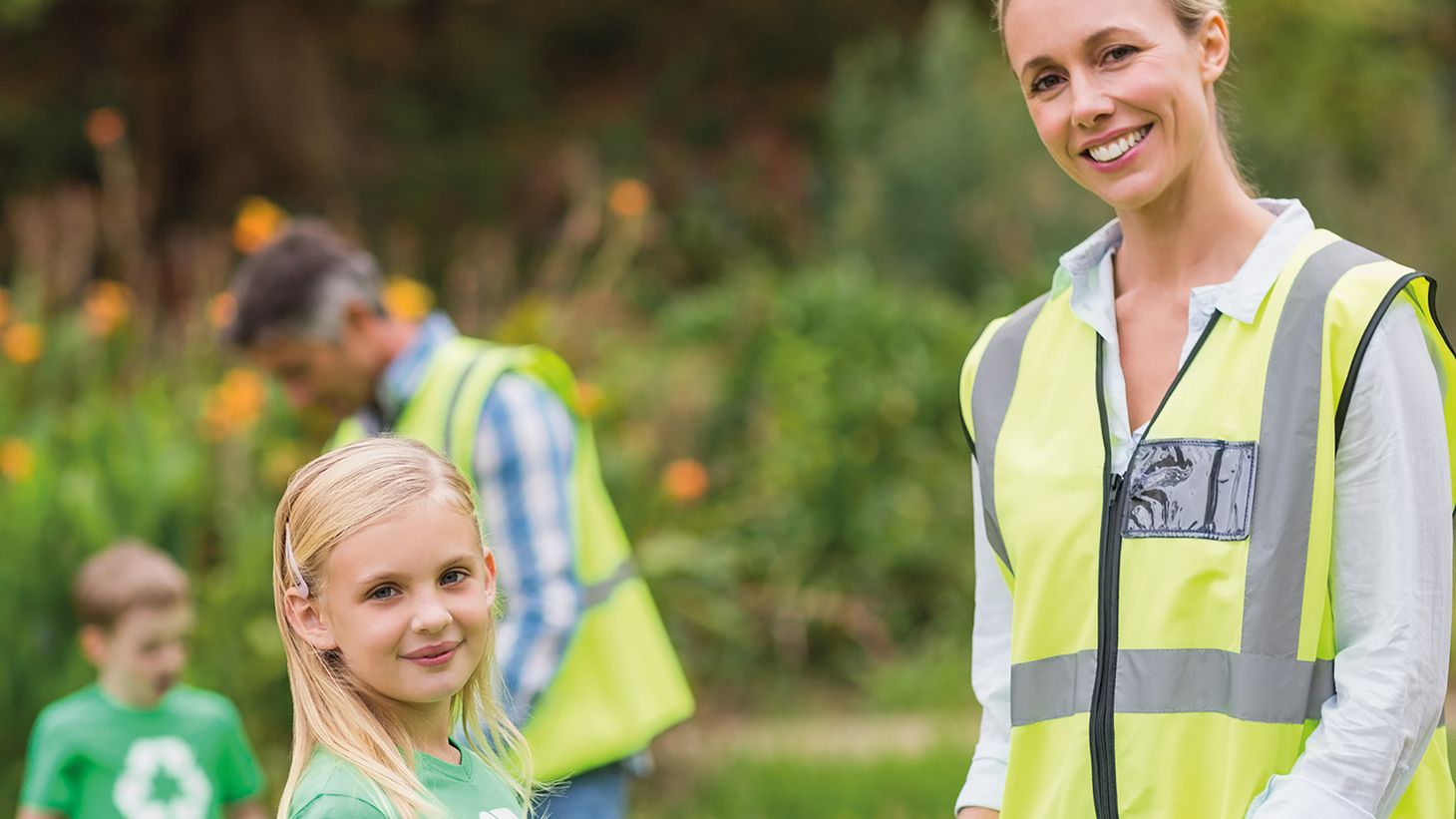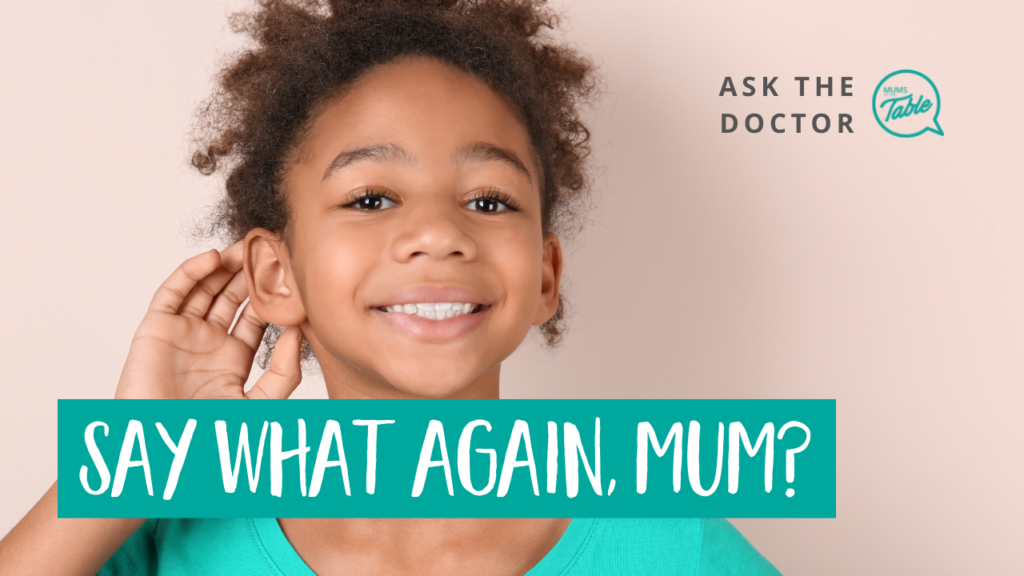How to identify your child’s strengths and cultivate them
One psychologist has the secret to finding your child’s strengths, unleashing their innate potential and a free printable to encourage their inner genius.
Financial literacy for kids: 5 things to know
Our kids need to understand the context, trade-offs and consequences of our decision-making surrounding money.
10 things you should never say to your children
Don’t beat yourself up if you’ve said one of these phrases—and we all have—to your kid at one point or another, but here’s why you shouldn’t say them again.
Sophie Guidolin: “The most important habit parents should cultivate with their children.”
Blogger, nutritionist, personal trainer, world-renowned fitness model and mum of four Sophie Guidolin on why eating at home is healthier.
10 of the best learn to read books
As a librarian, here are a few of my favourite books for young children. Do you have any of these on your child’s bookshelf?
How to teach your child to read
There are some simple activities you can do at home from an early age that will teach your child to read.
Free printable: Rhyming game to teach literacy
Rhyming games help young children strengthen listening and concentration skills, and it helps them hear, notice, identify and start to play with the individual units of sound that make up words.
How volunteering helps your child
Volunteering teaches us that everyone is valuable, thus developing ethical behaviour.
Is time-out a positive punishment?
Some believe giving children quiet time doesn’t help them regulate their feelings. Is time-out a positive punishment? Two mums share their views.
🎥 What causes hearing loss in children?
Hearing loss in children can develop before eight years of age, but often go undetected as it presents itself unexpectedly.
Sleep disorders in children
In this podcast, Sydney Adventist Hospital paediatrician Dr Hugh Allen discusses the most commonly asked questions and treatment options for kids’ sleeping disorders.
Is your child a bully? Here’s what to do
Bullying has terrible effects on the victims involved but one of the toughest things to hear from your child’s school is that your own child is the bully.



